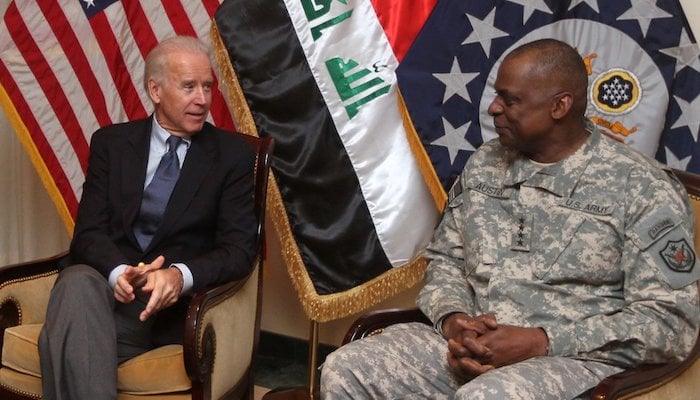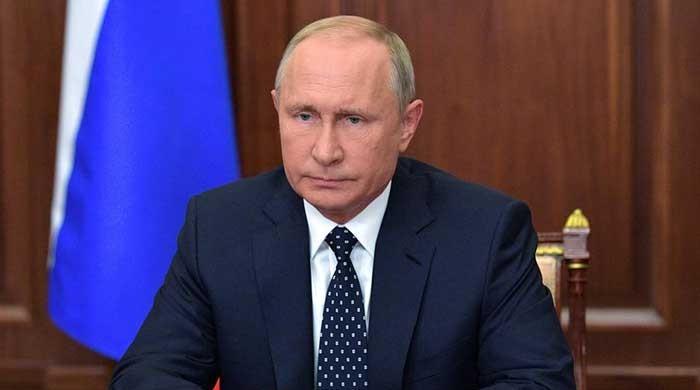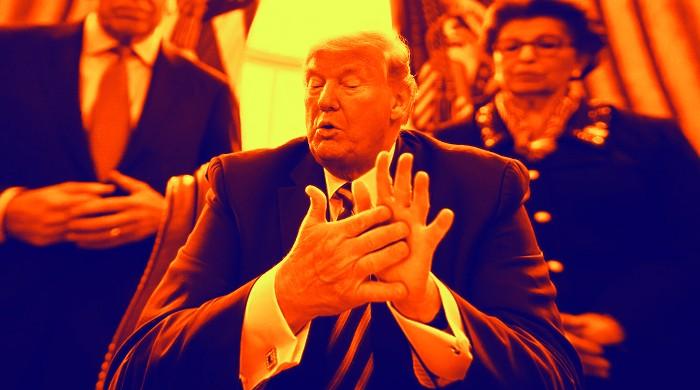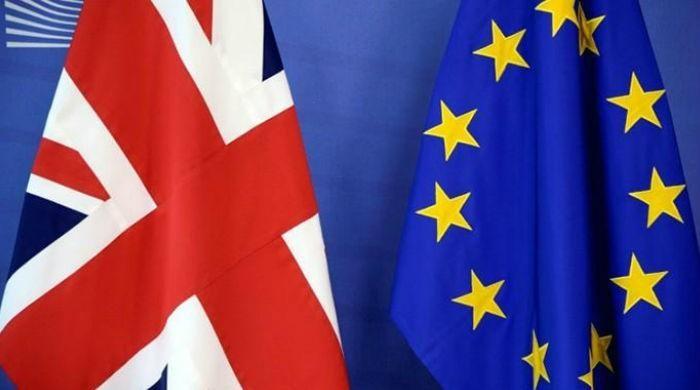What does Joe Biden’s pick for defense secretary mean for Afghanistan?
In reality, Washington is replacing its troops with contractors, who will play almost the same role of defending American interests in the country and the larger region.
December 14, 2020

“He helped end [Iraq] war and literally bring tens of thousands of troops home safely,” remarked Joe Biden, the president-elect of the United States of America, as he nominated retired general Lloyd Austin as the 28th Secretary of Defense.
By giving Austin this responsibility, Biden is expecting him to oversee a similar job in the near future: the withdrawal of American troops from Afghanistan.
The General is the first African-American picked to lead the pentagon. He has commanded troops both in Iraq and Afghanistan.
Back then, he was credited for successfully tackling Dae'sh in the region, which was one of the reasons for his consideration of this post.
Read more: As America moves forward, is there a cure for Trumpism?
Thanks to the outgoing US president, Austin’s assignment on Afghanistan has become rather easier.
Donald J Trump even surprised his adversaries, including Russia, when he declared that only 2,500 US troops will remain in the country. He then strengthened the diplomatic front by signing a historic peace pact between the United States and the Taliban.
On his behalf, Special Representative for Afghanistan Zalmay Khalilzad is doubling efforts to bring the Ghani regime and the Taliban to the table.
In essence, the road is paved for General (retd) Austin, who believes that his country faces three pressing challenges in the region: Afghanistan, Syria, and Iran.
To a war veteran who admits that direct military action cannot solve every conflict, there can be no good start, at least in Afghanistan.
But, as head of the Pentagon, how will he approach this issue? Will he follow Trump’s exit strategy or will he modify it?
Well, the former General holds that the United States must maintain a presence and a “constructive role in the foreseeable future”. At the same time, he is convinced that only the people of the region can bring about needful changes - for which alliances must be built.
If Lloyd Austin still practices what he preached during his years in uniform, then there is a strong possibility that the Biden administration will honour the peace pact with the Taliban. This means that America is likely to leave a couple of thousands of troops in Afghanistan and build its capacity through joint training exercises, foreign military sales, and financing.
Read more: Trump just wants 'to stop the world from killing itself'
But, does it matter if the counter-terrorism and offensive force is kept at 2,500 or increased to a few more thousands? After all, the United States is only virtually exiting the country.
In reality, Washington is replacing its troops with contractors, who will play almost the same role of defending American interests in the country and the larger region.
So no surprises there. History is a witness that the United States only ends wars, not its presence.
With that in mind, more important than the troop count is to see how Washington builds alliances to protect its interest in a country plagued by civil war. During his tenure as the Commander of U.S. Central Command (CENTCOM), General Austin made a couple of visits to Pakistan. He understands what Islamabad means to regional stability. Still, there is every possibility that the new US administration will continue to make a bigger room for India in Afghanistan.
To achieve this goal, New Delhi has already started to mend ties with the Taliban, a major about-turn for India after it was convinced that its four-decade-long support to the anti-Taliban factions resulted in a zero-sum game.
Whether the Taliban will respond to Indian gestures is a separate debate.
Read more: Pakistan slams India's bid to deny responsibility for disinformation campaign
However, the more important question is how will the new Pentagon chief exert diplomatic pressure to find a balance? Now, an equilibrium can significantly be achieved if reservations of the regional countries including Pakistan are addressed, but merely an agreement between new Afghanistan and Pakistan won’t suffice.
There needs to be a larger agreement between Afghanistan, India, and Pakistan. At a later stage, this agreement should also include Iran. Such a grand pact can lay the foundation for peace as well as open doors to Indo-Pak trade. And this single development has the potential to uplift the regional economy and create jobs in both countries.
But there is a catch. Trump unilaterally withdrew from the Iran nuclear deal thinking that the United States will change the dynamics. He failed. Similarly, Joe Biden may unilaterally give India an upper hand in Afghanistan, but he must then understand that it won’t be an easy ride.











